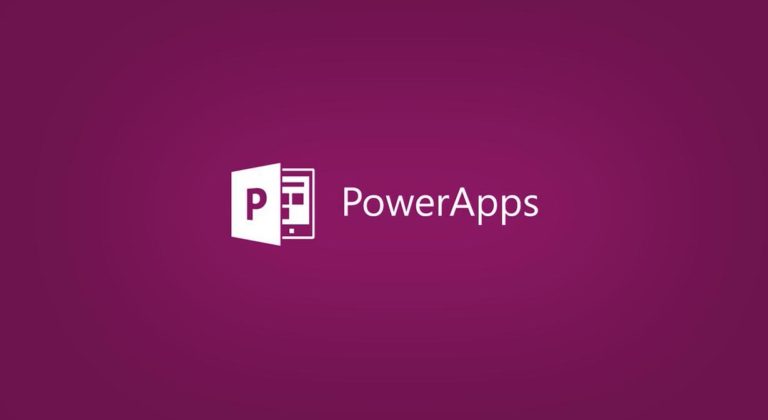Microsoft introduces the first wave of updates (Wave I) for Power Apps portals. With the low code toolset websites can be built for external users to interact and integrate with business data stored in the Power Apps Common Data Service.
In the new version portal designers in Power Apps can now create themes for portals in Portal Design Studio. This application provides a design function for various basic themes and several preset themes that can be used with the portal.
The new update also makes it easier to create and manage new authentication settings. It is now easier to configure identity providers, such as Azure Active Directory. But also various authentication protocols such as OpenID Connect, OAuth and SAML 2.0. Companies such as Microsoft and Google but also social media channels such as LinkedIn, Twitter and Facebook support the configuration of OAuth 2.
In the current preview, admins on Azure Active Directory B2C and OAuth 2-based identity providers can choose from a list of different providers. Administrators can also configure these providers with in-app user guidelines, icons for settings and ‘learn more’ links and input validation for common data types.
Microsoft is also rolling out support for more entities in the Power Apps search function. The feature allows users to search for files in multiple entities, such as comments on blog posts, blog posts, forum posts, knowledge base and other data sources. Admins can now set up Portal Global Search to track custom entities.
Incentives template
Microsoft has also released a template for Microsoft Teams to create Incentives Power Apps. With this template, organizations can help employees break old habits and learn new practices and skills about new business systems or processes. Microsoft states that using a game environment, employees are less likely to feel forced to make these changes. Managers using the Incentives application can choose their own rewards. Think of a leaderboard, gift vouchers or free coffee.
There is an admin module where admins can create activities and rewards, but also remove points if a user of the app cheats. The Incentives template for Teams is open source and is available on GitHub.
